Roland Hemond: Baseball’s All-Star Nice Guy
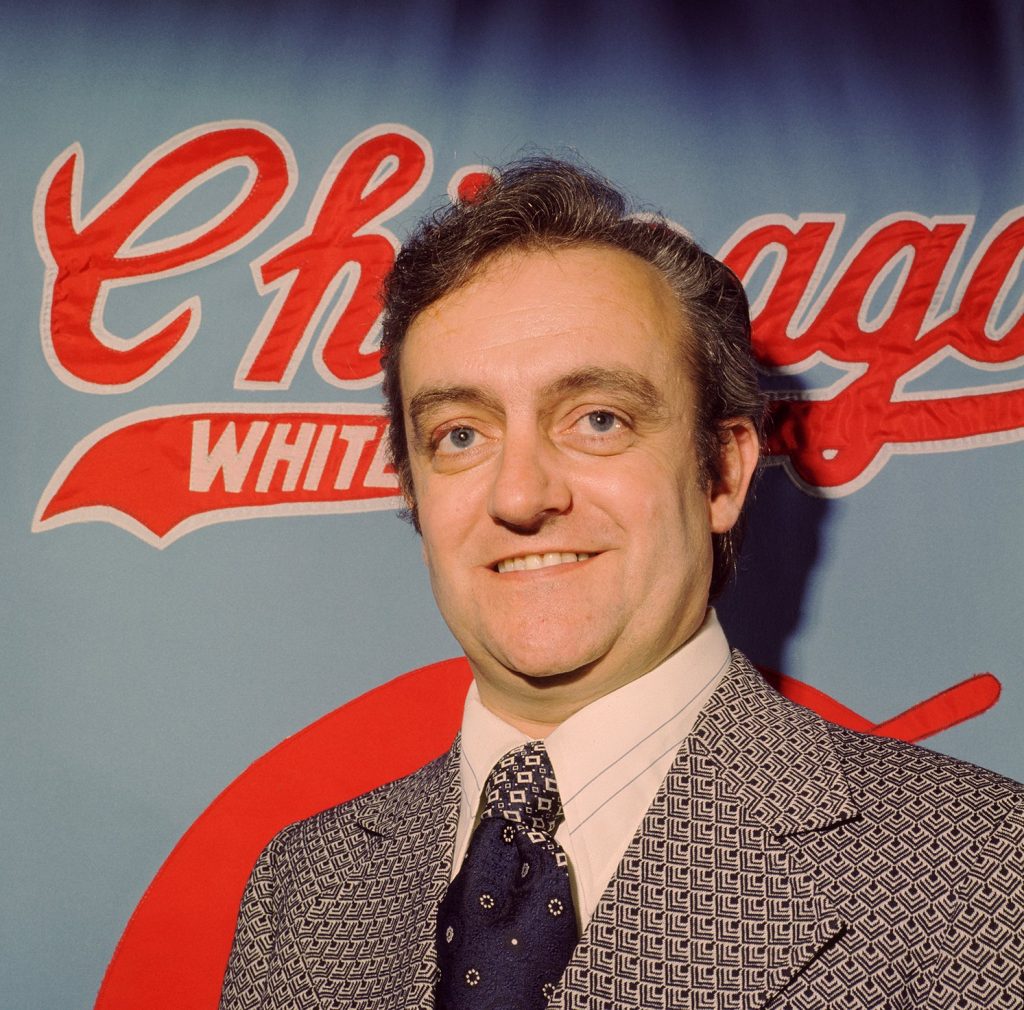
Roland Hemond, 1929-2021
Roland Hemond is one of the most remarkable front office figures in Chicago baseball history.
He worked for White Sox owners John Allyn, Bill Veeck, and Jerry Reinsdorf. As White Sox general manager in December 1971, he traded pitcher Tommy John to the Los Angeles Dodgers for slugger Dick Allen, which saved the Chicago franchise. After a lousy 1971 White Sox season Allen enchanted the south side in 1972 while hitting 37 home runs and winning the American League MVP.
Hemond spent 70 years of his life in baseball.
He died last December at the age of 92.
I’ve weathered the storms of life to attend a few White Sox games this spring. As I sat in the left-field bleachers I wondered why there has been no physical recognition of Hemond around the ballpark. Patches? A pin? Bobbleheads? (He would have liked that.). I’d plant a “Hemond Tree” to recognize the everlasting roots he gave to the game.
Several years ago the White Sox had a Roland Hemond Award, given to people who are dedicated to bettering the lives of others through personal sacrifice. I have not heard about it lately and I did not see any mention of it in the 2022 White Sox media guide.
I didn’t know Hemond well, but his graceful and giving personality made everyone think they knew him well.
During Spring Training, 2005 in Arizona he met me at the old Tucson (Az.) Electric Park which the White Sox shared with the Arizona Diamondbacks. Hemond was Executive Advisor to White Sox General Manager Kenny Williams. The White Sox would go on to win the 2005 World Series.
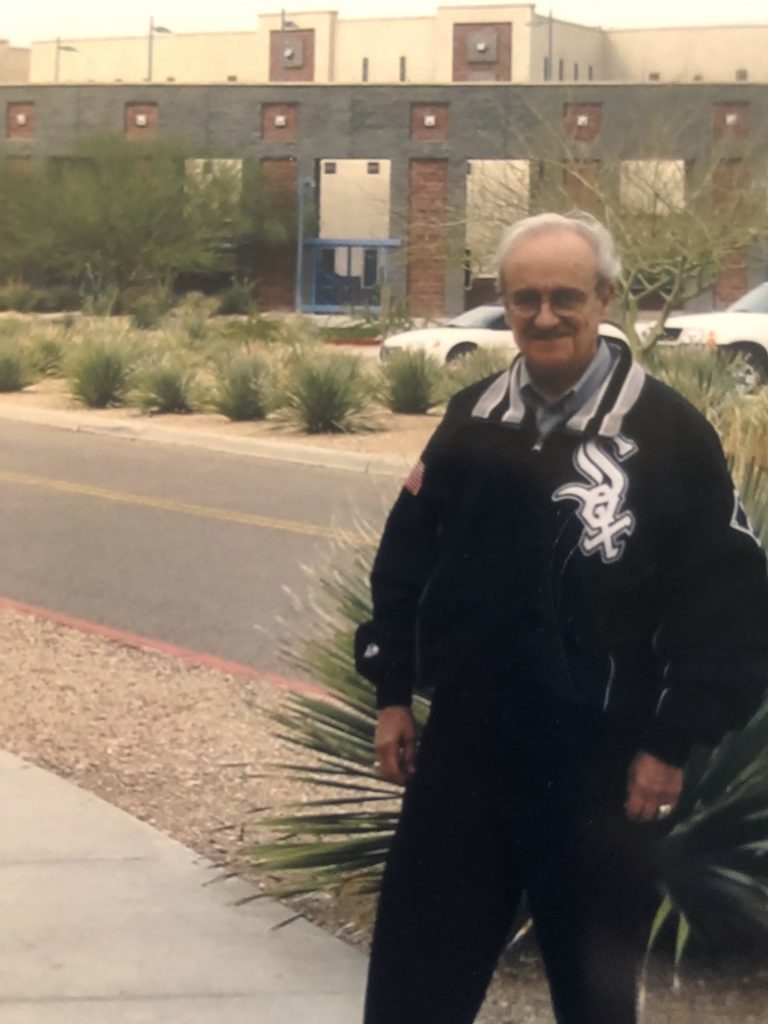
Mr. Hemond’s miles of smiles–2005 in Arizona (D. Hoekstra photo.)
Hemond looked like a tenured English Literature professor and he was up for a conversation about anything. We sidetracked into conversations about a quote from actor John Barrymore I saw in my hotel: “Remember….a person is not old until their regrets take the place of their dreams.”
Hemond told me, “Yes, enjoy the moment. Too many people don’t capture the great moment. Sometimes you stay up late after a victory to celebrate. Now, nobody celebrates, they just take off. When they lose they’re despondent. People say they hate to lose. But they should love to win.”
Hemond was the White Sox general manager between 1970 and 1985. He was the first to hire manager Tony La Russa and was an architect of the White Sox’ 1983 “Winning Ugly” team. Hemond was general manager of the Baltimore Orioles between 1988 and 1995.
That 1988 Orioles team had the worst start to a season (0-21) in baseball history, so Hemond learned a bit more about losing. He returned to the White Sox in 2001 and remained with the team until 2007.
Hemond has not been forgotten by Mike Veeck, the fun-loving son of Bill Veeck.
Mike is a co-owner of the St. Paul (Mn.) Saints and on Aug. 12 the Class AAA Saints host “Roland Hemond Night” when they play the Columbus Clippers. The evening is sponsored by Harmon Killebrew Root Beer. The Professional Scouts Hall of Fame will be renamed in Hemond’s honor as part of the event. Hemond formed the Professional Baseball Scouts Foundation, designed to assist long-time scouts in need of special support.
The scouts’ hall has been run by Veeck’s Goldklang Group and displays are featured at Goldklang ballparks in Charleston, S.C., Fort Myers, Fl., and St. Paul. There are 14 scouts plaques on the outside wall of the Saints’ CHS Field.
This is important to baseball history. Soon, analytics and streaming will eliminate all physical scouts from the game. The Hemond Night will be capped off with a post-game fireworks show set to the music of the Rolling Stones.
At least it won’t be the Bee Gees.
Hemond was born in the textile mills town of Central Falls, R.I. His father Ernest was a bread salesman. His mother Antoinette was from Montreal so he spoke French for the first six years of his life. One of his first gigs was for the Boston Braves in the early 1950s. When Hank Aaron was playing for the Class C Eau Claire (Wi.) Bears in 1952, it was Hemond who typed out Aaron’s scouting report for the Braves.
When Hemond was farm director of the Milwaukee Braves during the mid-1950s he worked with young players like Claude Raymond and Ronald Piche (who both made it to the major leagues.) “They were so happy I greeted them in French and helped them out,” Hemond told me. “It’s like the Latin players today when they come here and someone speaks Spanish fluently and can help them out.” In 1985 Hemond even announced the White Sox trade of infielder Vance Law to Montreal in French, just to have fun with the media.
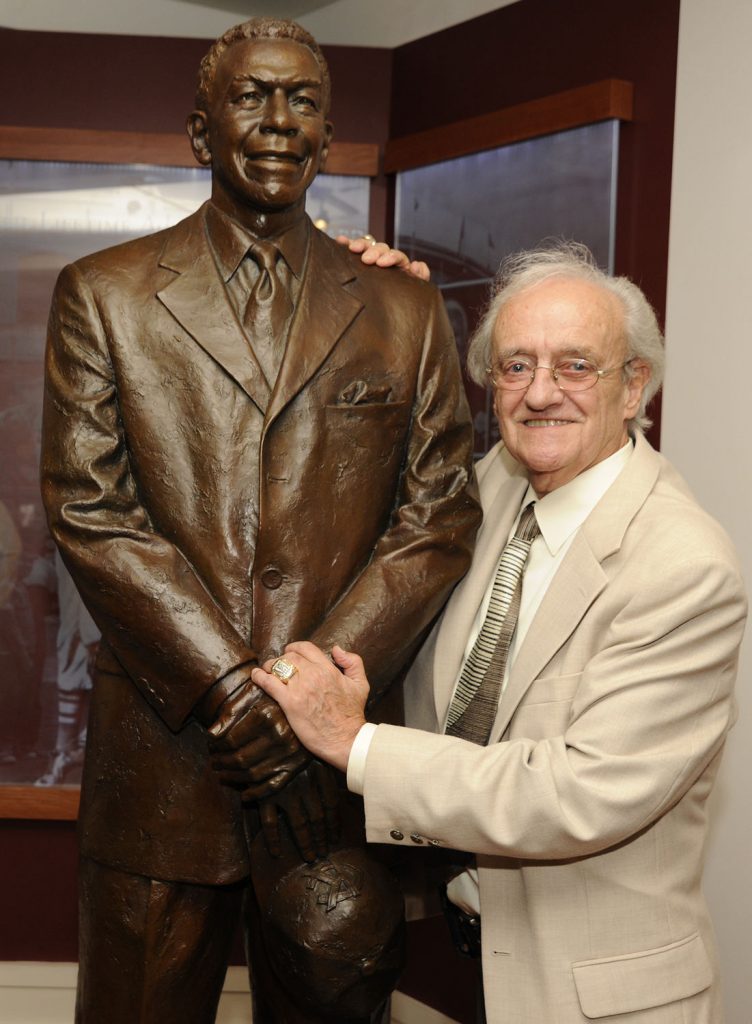
Roland with Buck O’Neil in Cooperstown. Greatness is measured by kindness. (Via the National Baseball Hall of Fame.)
In 2011 Hemond became the first living recipient of the Buck O’Neil Lifetime Achievement Award at the National Baseball Hall of Fame in Cooperstown, N.Y. Named for the late Negro League pathfinder, the award celebrates “an individual whose extraordinary efforts enhanced baseball’s positive impact on society, broadened the game’s appeal, and whose character, integrity, and dignity are comparable to the qualities exhibited by O’Neil.”
The sweet soul of Hemond and O’Neil went together like Fox and Aparicio.
Bill Veeck was a key influence on Hemond’s charms.
Fun is good, as Mike Veeck often says.
In 2011 Hemond told the Chicago Tribune’s Phil Rogers, “You have to make it fun…Bill was a tremendous influence on me for the five years I worked with him. He was highly inspirational. He was creative. He challenged me to come up with any ideas that I would come up with and pass them by him. Then he’d say, well go get it done. He gave me the support to do some daring things along the way.”
Things like the “Open for Business” sale that Veeck, Hemond, White Sox adviser Paul Richards, and public relations man Buck Peden set up at the 1975 winter meetings in Hollywood, Fla.
Hemond came up with the idea of the Open for Business “trading station” that was set up on a long table in the smoke-filled lobby of the Diplomat Hotel. The fun-loving foursome manned the table for 12 hours. Towards the end of the night, Atlanta Braves general manager Eddie Robinson approached the sale table. A couple of minutes after his visit, Hemond traded outfielder Ken Henderson, pitcher Dick Ruthven, and Dan Osborn to Robinson for speedy outfielder Ralph Garr and infielder Larvell Blanks.
Want to know just how outside the box Hemond was?
He hired a sleuth baseball scout named Jerry Krause who went on to become general manager of the Chicago Bulls. In his baseball life, Krause uncovered a teenage shortstop in the San Diego Padres system named Ozzie Guillen. In December 1984 Hemond traded pitcher LaMarr Hoyt to the Padres for a package that included Guillen.
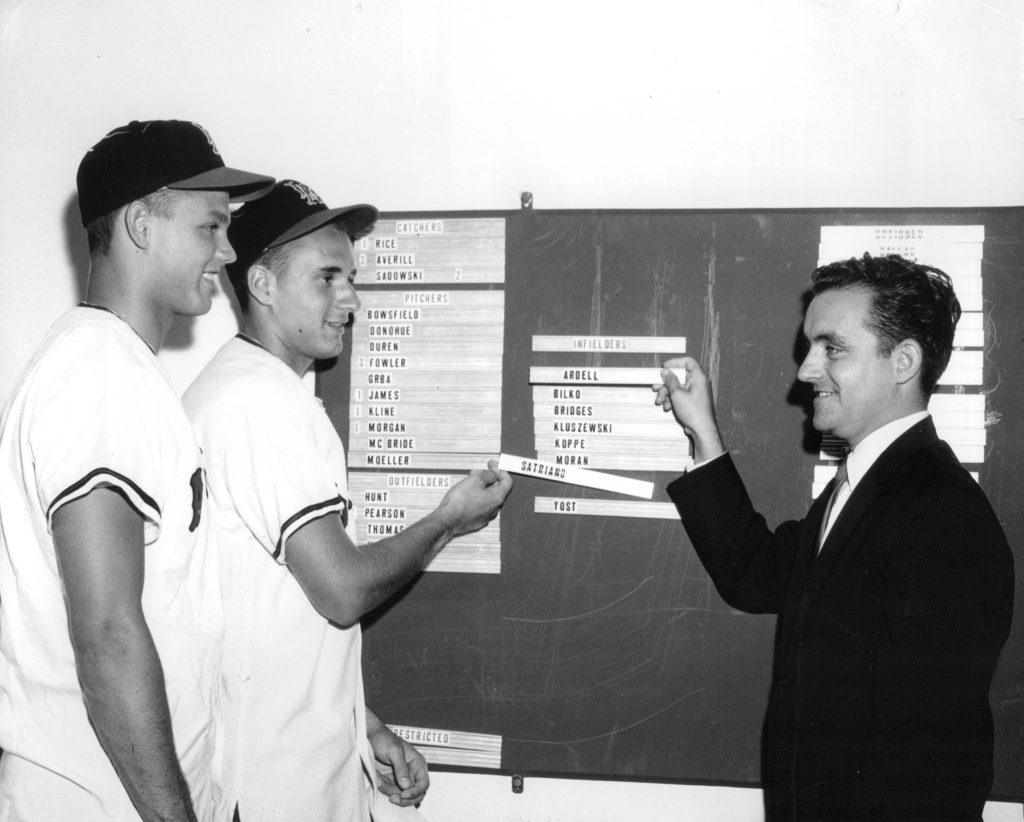
Farm Director Hemond (far right) constructing the expansion L.A. Angels in 1961 (Via the Society for American Baseball Research of which Mr. Hemond was a proud member.)
Hemond mentored modern-day baseball executives Dave Dombroski (currently president of baseball operations in Philadelphia) , Doug Melvin (currently a senior advisor with the Brewers), and former White Sox assistant general manager Dan Evans, now the force behind the “Field of Dreams” complex expansion in Iowa. His son Jay Hemond was an extra in the film and also was the “Field of Dreams” baseball trainer.
In the summer of 2012, I bumped into Jay and his brother Bob at Samuel Clemens field in Hannibal, Mo. after they had purchased the now-defunct Hannibal Cavemen, a collegiate summer league team.
I’ll remember Hemond in his passion for moving the game forward with dignity. In 1992 he founded the developmental Arizona Fall League, owned by Major League Baseball. Since 2005, once in a while, I’d get a stray message from him wondering about my wanderings throughout baseball’s Midwest League. Gee, I wasn’t even a real baseball writer.
After his passing, veteran Chicago baseball reporter Bruce Levine Tweeted, “Roland Hemond helped hundreds of college grads find jobs at winter meetings for decades. He would give out his phone number and recommendations for young hopefuls with no contacts.”
Roland Hemond didn’t have to take those extra measured steps with people, especially in a world that moves faster and faster.
But he was a kind gentleman who knew that every moment counts.

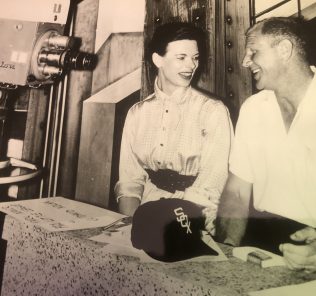
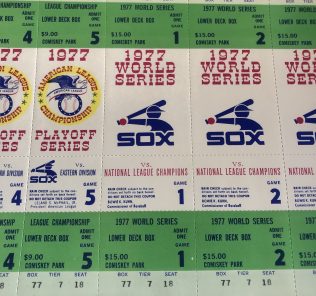
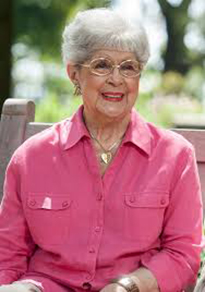


Leave a Response